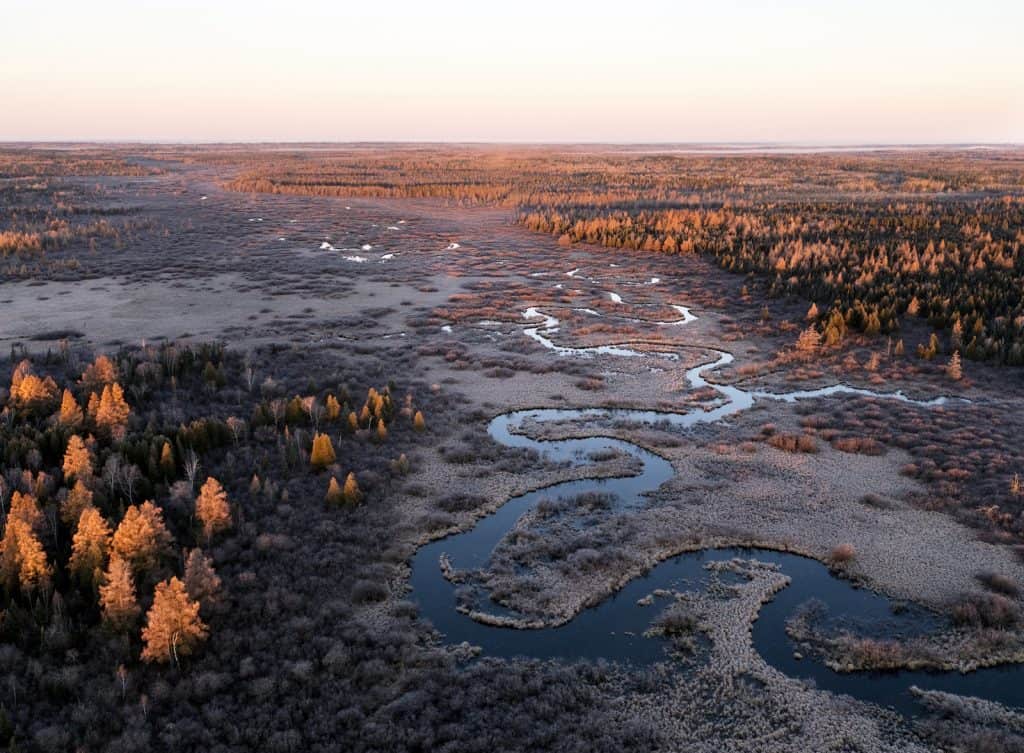
A coalition of environmental organizations filed a lawsuit today to block permits recently granted by the Minnesota Department of Natural Resources to allow the state’s first copper-nickel mine. The PolyMet project would be located in the Lake Superior headwaters, in an area of extensive wetlands.
Today’s legal action claims the state did not follow its own rules when issuing the permits on Nov. 1.
“There is a myth in Minnesota that we have tough regulators. It’s just the opposite,” stated Paula Maccabee, advocacy director and counsel for WaterLegacy. “The DNR has granted PolyMet a permit to mine admitting that its ‘design and operational details’ are not ‘firmly in place.’”
The lawsuit alleges the DNR rejected less risky alternatives, allowing PolyMet to threaten water downstream for centuries, ignoring concerns about the mine’s tailings basin walls, and exposing taxpayers to up to $1 billion in cleanup costs if the mine closes and the company walks away from its obligations.
A separate lawsuit alleges the failure to adequately analyze PolyMet’s proposal points to larger problems with the state’s regulations. The “non-ferrous mining rules” were written in the 1990s, and have never been tested by an actual mine. The organizations seeks to overturn the rules and require the state to write new ones that are clearer and more easily enforced.
“The courts must hold the DNR accountable to the law or PolyMet’s permits will be a blank check, paid for by the clean water, health, and pocketbooks of Minnesotans,” said Kathryn Hoffman, chief executive officer of the Minnesota Center for Environmental Advocacy.
After receiving key permits early last month, PolyMet essentially has a green light to move forward with its mine proposal. There is significant concern that mining the sulfide ore will result in water pollution in the upper St. Louis River watershed. Ojibwe groups are also concerned about impacts on wild rice, or manoomin, which is culturally significant and an important food source.
PolyMet anticipates producing almost 70 million pounds of copper every year at peak production, as well as nearly 10 million pounds of nickel, 352,000 pounds of cobalt, and other precious metals. It would create about 360 jobs.
The groups joining the lawsuit are the Center for Biological Diversity, Duluth for Clean Water, Friends of the Boundary Waters Wilderness, Friends of the Cloquet Valley State Forest, Minnesota Center for Environmental Advocacy, Save Lake Superior Association, Save Our Sky Blue Waters, and WaterLegacy. They are represented by attorneys from Maslon LLP, Minnesota Center for Environmental Advocacy, and WaterLegacy.

